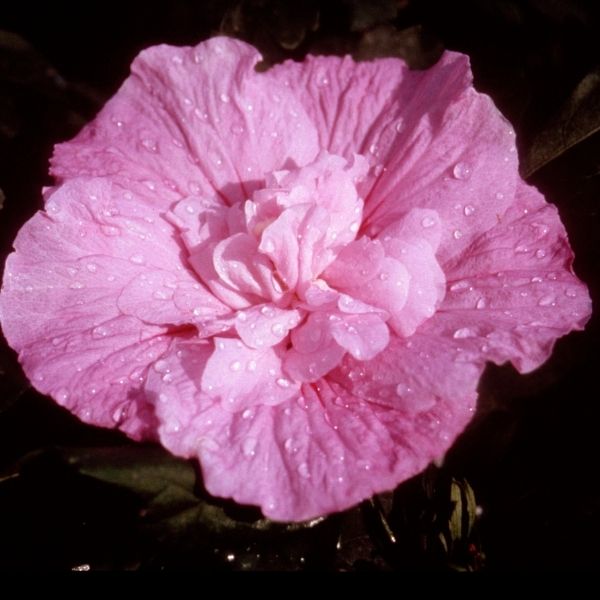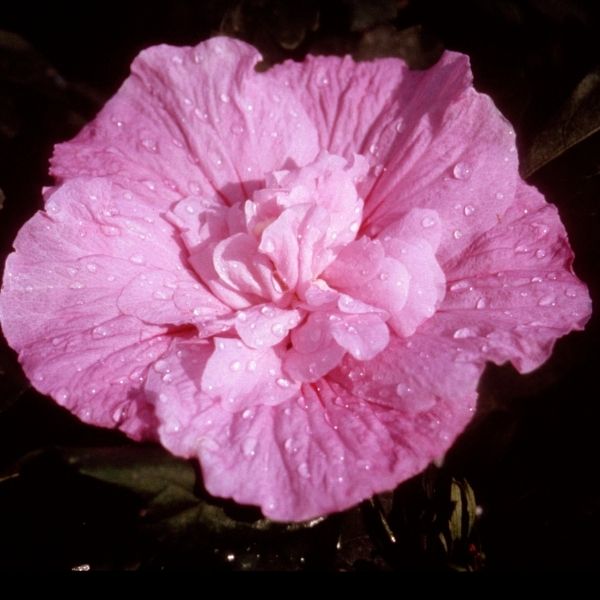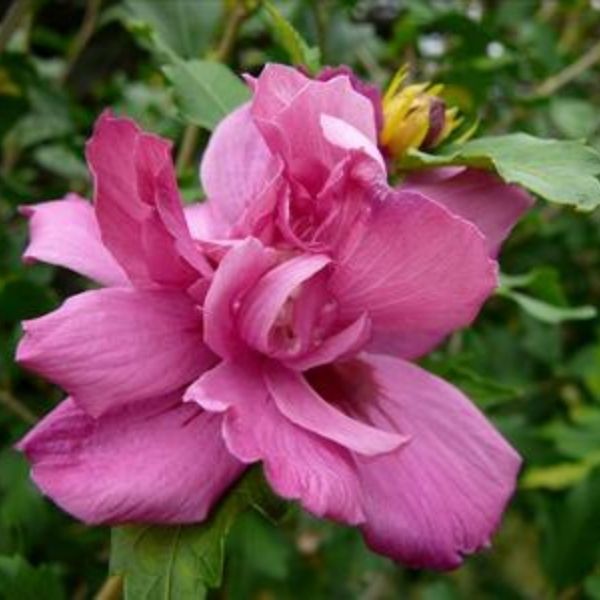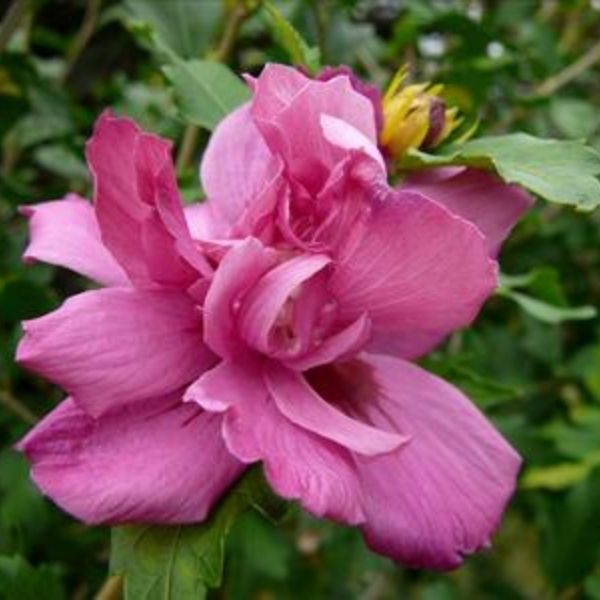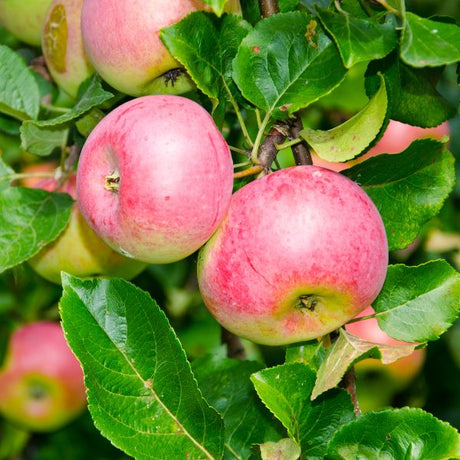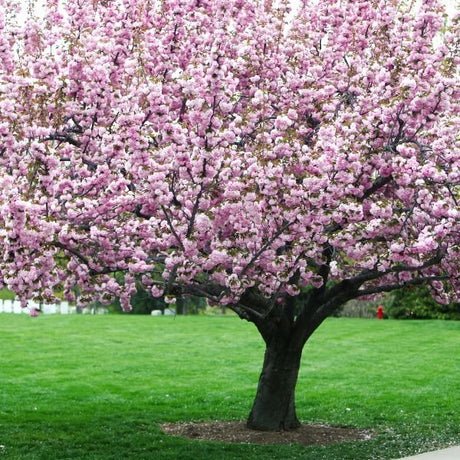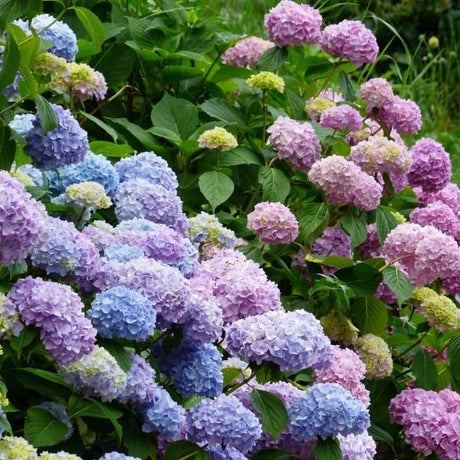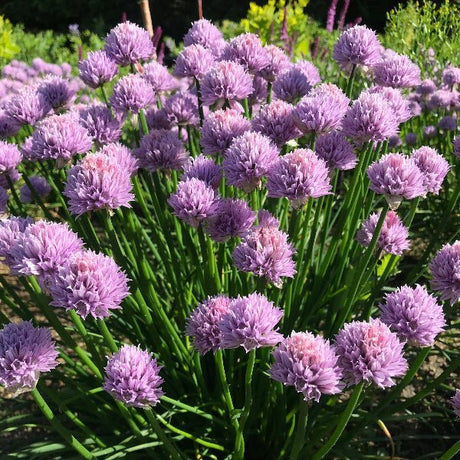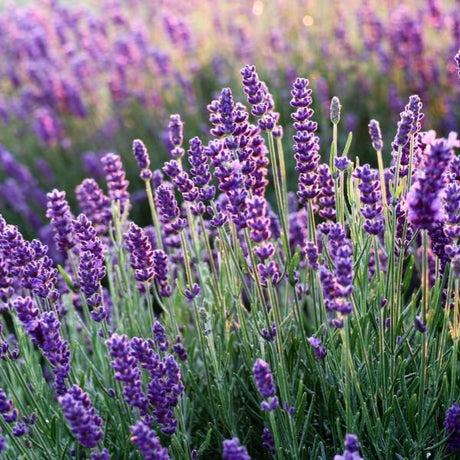Lucy Rose of Sharon
Hibiscus syriacus 'Lucy'
- Stay Protected with Plant Sentry ™
Lucy Rose of Sharon - #1 Container is backordered and will ship as soon as it is back in stock.
Plant Sentry™
Plant Sentry™

Plant Sentry™ Protected
Your order is protected by our compliance system that:
- Prevents restricted plants from shipping to your state
- Ensures plants meet your state's agricultural requirements
- Protects gardens from invasive pests and diseases
Delivery and Shipping
Delivery and Shipping
Delivery and Shipping
Fast, Safe Plant Delivery
Ships in 3-4 business days • Tracking provided • Weather protected
| Under $50 | $9.99 |
| $50 - $99.99 | $14.99 |
| $100 - $149.99 | $16.99 |
| $150+ | $24.99 |
✓ Zone-specific timing • ✓ Professional packaging • ✓ Health guarantee
Understanding Plant Options
Nature Hills offers plants in two main formats:
- Container Plants: Grown in pots with soil, sized by container volume and plant age
- Bare Root Plants: Dormant plants without soil, sized by height measurements
Container Plant Sizes
Container sizes indicate plant age and growing capacity rather than liquid volume equivalents. Our containers follow industry-standard nursery "trade gallon" specifications, which differ from standard liquid gallon measurements.
Young Plants (6 months to 18 months old)
| Container Size | Actual Volume | Metric Equivalent |
|---|---|---|
| 2" x 2" x 3" | 0.18 - 0.21 dry quarts | 0.20 - 0.23 dry liters |
| 4" Container | 0.31 - 0.87 dry quarts | 0.35 - 0.96 dry liters |
| 4.5" Container | 0.65 dry quarts | 0.72 dry liters |
| 6" Container | 1.4 dry quarts | 1.59 dry liters |
| 1 Quart | 1 dry quart | 1.1 dry liters |
| 5.5" Container | 1.89 dry quarts | 2.08 dry liters |
Established Plants (18 months to 2.5 years old)
| Container Size | Actual Volume | Metric Equivalent |
|---|---|---|
| 2 Quart | 2 dry quarts | 2.2 dry liters |
| #1 Container | 2.26 - 3.73 dry quarts | 2.49 - 4.11 dry liters |
| 5" x 5" x 12" | 3.5 - 4.3 dry quarts | 3.85 - 4.74 dry liters |
Mature Plants (2-4 years old)
| Container Size | Actual Volume | Metric Equivalent |
|---|---|---|
| #2 Container | 1.19 - 1.76 dry gallons | 5.24 - 7.75 dry liters |
| #3 Container | 2.15 - 2.76 dry gallons | 8.14 - 12.16 dry liters |
Large Plants (3-5 years old)
| Container Size | Actual Volume | Metric Equivalent |
|---|---|---|
| #5 Container | 2.92 - 4.62 dry gallons | 12.86 - 20.35 dry liters |
| #6 Container | 5.25 - 6.01 dry gallons | 23.12 - 26.42 dry liters |
| #7 Container | 5.98 - 6.53 dry gallons | 26.34 - 28.76 dry liters |
Bare Root Plants
Bare root plants are sold by height from the root system to the top of the plant. Plants may exceed minimum height requirements.
Common Sizes:
- Trees: 1 foot, 2 feet, 3 feet, 4 feet, 5 feet, 6 feet
- Shrubs & Perennials: 1 foot, 18 inches, 2 feet
Important Notes
Container Volume Specifications
- Trade Gallon Standard: Our containers follow industry-standard "trade gallon" specifications established by the American National Standards Institute (ANSI Z60.1) for nursery stock
- Volume Variations: Actual soil volume may vary due to plant root systems and growing medium settlement
- Age Indicators: Container size primarily indicates plant age and maturity rather than liquid volume equivalents
Growing Conditions
- Plant size can vary based on variety and growing conditions
- Container size helps indicate plant maturity and establishment level
- Larger containers generally mean more established root systems and faster landscape establishment
Seasonal Availability
- Bare root plants are available seasonally when dormant
- Container plants are available throughout the growing season
- Specific varieties may have limited availability in certain sizes
Questions?
For questions about specific plant sizes or availability, please contact our plant experts who can help you choose the right size for your landscape needs.
Plant Highlights
Lucy Rose of Sharon highlights at a glance!
-
Brand
-
Botanical Name
-
Suitable Space
-
Growing Zones5, 6, 7, 8, 9
-
Mature Height
-
Mature Spread
-
Sun ExposureFull Sun
-
Moisture
-
Soil
-
Growth RateMedium
-
Flower Color
-
Pollinator FriendlyYes
-
Pollinator Required
-
Pruning Time
-
Bloom PeriodSummer, Fall
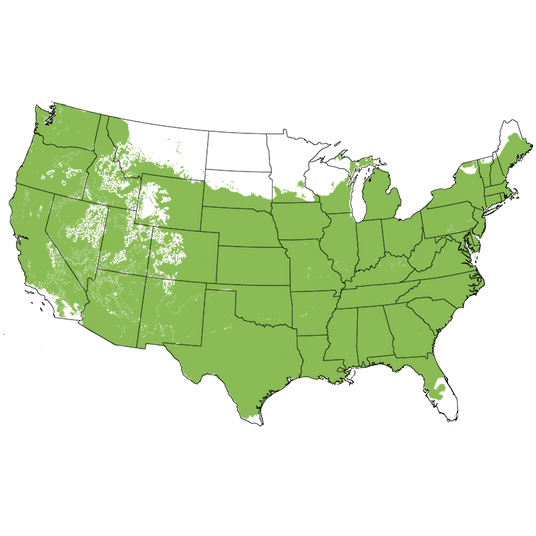
Growing Zones 5-9
Full and ruffled, the Lucy Rose of Sharon is a fantastic ornamental shrub. Lucy Rose of Sharon (Hibiscus syriacus 'Lucy') is a splendid sight in almost setting! Live large with these softly tropical blooms from mid-summer through fall. You'll love the form of this plant. Its got an upright growing habit and develops into a graceful vase shape with time.
Your Lucy Rose of Sharon's most stellar feature is of course its lovely, 4-inch bloom that begins mid-summer and continues into mid-fall. Each delicate blossom is double, with a full, fluffy appearance in hues of red and pink. The diamond-shaped, serrated leaves are a vibrant dark green and present the perfect backdrop for the brilliant flowers!
Also known as Althea, this modern variety of the native Rose Mallow and Hardy Hibiscus family. However, left to grow naturally, Lucy will certainly perform in its naturally superior fashion. Lucy Rose of Sharon is a deciduous shrub that has a multi-stemmed, upright nature with a vase shape and is quite easy to care for, and gardeners of all experience levels throughout USDA growing zones 5-9.
Planting and Application:
Keep Lucy as a bushy shrub or 'limb up' and create a multi-trunked tree form specimen plant piece! Either way, This will be a knockout accent on its own, or in groupings that will be every bee, butterfly, and hummingbird's new favorite hotspot! Plant just one for an impressive specimen in your front yard, or use several en masse in an empty side yard where you'd like to bring in a little color.
Lavish flowering hedges will pump up your privacy, and create "living walls" of a garden room. A single one becomes a magnificent accent plant. Several planted together look amazing at the back of the border or along your fence line. This variety could be the perfect choice as screening all along the outside of your pool deck fencing. Place four feet apart on center, measuring from the center of one to the center of the next.
This shrub works well with many architectural styles. It lends an easy-breezy, Shabby Chic or formal visual appeal to your landscape. Make your space work for you! Leverage that by placing two, flanking either side of your garden gate. You and your guests will enjoy that heightened sense of anticipation on entry into the garden.
- Gorgeous Double Pinkish Red Ruffled Blooms
- Long-Lasting Display Mid-Summer Through Fall
- Butterflies, Bees & Hummingbirds Love the Nectar-Rich Blooms
- Upright, Rounded Form & Pretty Branching Structure
- Easy to Grow & Great for New Gardeners
- Specimens, Privacy & 'Garden Rooms' & Shrub or Tree Focal Point
#ProPlantTips for Care:
Lucy is easy to grow and has no serious insect or disease problems. Althea is adaptable to a wide range of soil conditions and tolerant of full sun all day but also handles partial shade! Rose of Sharon does need well-drained soil but is not particular on the type and even doing well in poor soils. Give them a regular schedule of medium water, especially when they are young plants. Apply a slow-release fertilizer designed for flowering plants at the same time. Follow application rates on the label.
Add a thick layer of arborist mulch in containers and in-ground plants alike. You'll cut down on surface evaporation with this useful garden must-have, plus provide much-needed insulation from heat and cold.
Lucy Rose of Sharon has no significant insect or disease issues, is heat and humidity tolerant, and is relatively hardy overall. Deadhead your shrub after flowers fade to remove seedheads before they mature to prevent self-seeding. Lucy's blossoms are large, but you can make them even larger by hard pruning in spring. Renewal prune every 3-5 years to maintain vigor.
- Full Sun & Partial Shade
- Moderate Moisture & Enriched Well-Drained Soil
- Adaptable to a Wide Range of Conditions & Poor Soil
- Tolerates Cold & Salt Spray
- Deer Don't Prefer the Taste
- Hardy, Heat & Humidity Tolerant
Fabulous flower and form with a late-season bloom! The lovely double Lucy Rose of Sharon and its rosy blossoms will delight you and fill your garden with enjoyment! Order now at Nature Hills today!
Tree Form vs. Shrub Form
The details make all the difference in a garden. At Naturehills.com, we understand that little things like what form a plant is can greatly impact how you plan your landscape. So before you buy, don't forget to check which form you're getting.
Tree Form:
These are plants that have one stem coming from the ground. Plants can also be considered single stem when lower branches are removed to raise the height of the branching to a more desired height. Sometimes, you will hear a tree form referred to as a single stem.
Shrub Form:
These are bushy plants with many stems and branchings close to the ground. They are referred to as shrubs or bushes and are often shorter than their tree forms.

